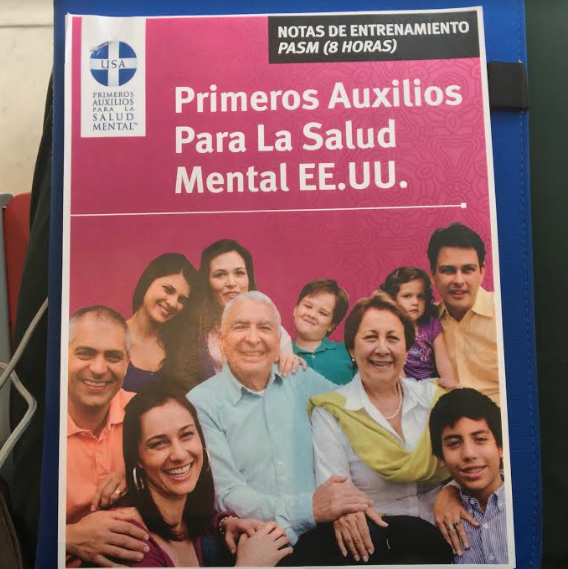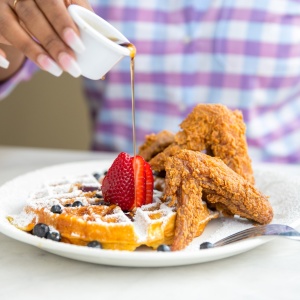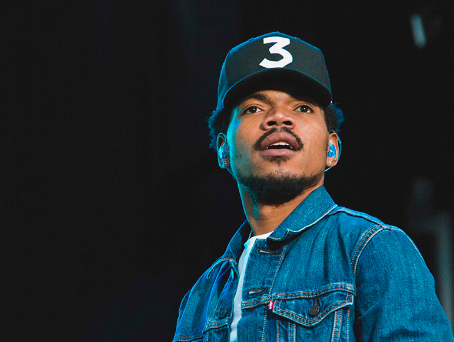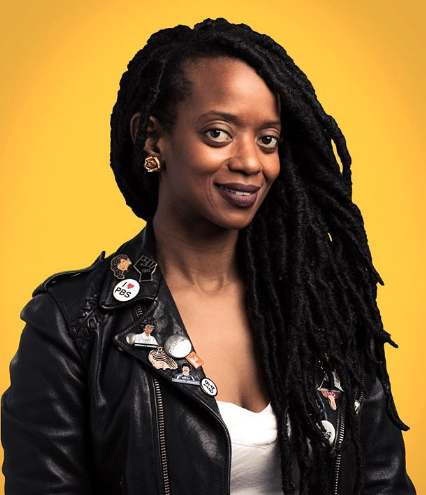Mike Vick, for better or worse, is a vindicated man. His rise and fall was so meteoric that many of my people (black people) were thrown off. All of it over dog fighting. Rather than wallow in his guilt, Vick decided to serve his time, get back into the league, and perform. And that is what he did until he retired recently. With his debts repaid to society (and his debt collectors), Vick is the poster child of NFL redemption.
But now, it seems that he is losing some of his common sense. Either that or he lost it on his climb back into society’s good graces.
The sad part is that the interviews were, minus the malarkey, pretty good. He spoke on Ezekiel Elliot and making sure that athletes focus on the game. He was dropping some gems about representation and being a team player. Hell, the conversation delved into the issues of excess. With that said, Mike Vick spread a lot of his wisdom through his words.
And as quick as Vick sparked that comeback against the Giants on Week 15 back in 2010, he found a way to throw all that excellent commentary out of the window.
When the topic was brought up about Colin Kaepernick, Mike Vick did the worst thing he could do: he caped for the NFL ownership. He suggested that “it has nothing to do with being blackballed” and “Colin didn’t have the best two years the last two seasons.” In a separate interview on “Speak For Yourself,” Vick noted that Colin Kaepernick needs to cut his hair:
First thing we’ve got to get Colin to do is cut his hair. Listen, I’m not up here to try to be politically correct. Even if he puts cornrows in there. I don’t think he should represent himself in that way in terms of just the hairstyle. Just go clean-cut. You know, why not? You’re already dealing with a lot of controversy surrounding this issue. The most important thing that he needs to do is just try to be presentable. [1]
I don’t know about anyone else, but Mike Vick gave some unsurprisingly bad advice.
MIKE VICK COOK'S OUT INVITE RESCINDED
None of this can surprise me because Mike Vick is an ex-con that is basically redeemed within the conscious of the NFL. When a person is coming from imprisonment and wants to get back into society, he/she will “clean up their image.” He/she will go for an easily manageable, unnoticeable hairstyle. He/She will talk in a way that shows remorse and humility. That person will, without a shadow of a doubt, do whatever it takes to look “safe” to others.
The problem with the “safe” approach is that Colin Kaepernick isn’t an ex-con; he is a man that took a stance that people didn’t like. His image isn’t based on any illegal action he had taken. Kaepernick, by far and wide, has been a model citizen. In fact, his efforts towards social activism should be modeled and applauded. It is sad that a man that is doing everything for the people is being viewed as a felon.
Also, the idea that Kaepernick had some off years in his last two seasons is off. His completion percentage stayed at 59%, while his best year was 62%. He had a rating of 90.7 in 2016 but his highest year was at 98.3 and his second-best year at 91.6. He passed for 16 touchdowns and ran for 4 in 2016 while his highest (21 pass, 4 run) was in 2013. In short, Kapernick’s production wasn’t off; the 49ers sucked.
MIKE VICK CAN EAT AT GOLDEN CORRAL
It is sad when you see one of Black America’s favorite athletes cape for NFL owners. Then again, this is what you do when you are an ex-con trying to be on the good side of ownership. Mike Vick has every right to his opinion. However, just because it is an opinion doesn’t mean that Vick’s sentiments aren’t dead wrong. To be frank, none of what he said made any realistic sense. Just goes to show how the mind works when you want to be redeemed by the powers that be.
I have his gift card to Golden Corral ready for him. He can eat at the buffet.


































